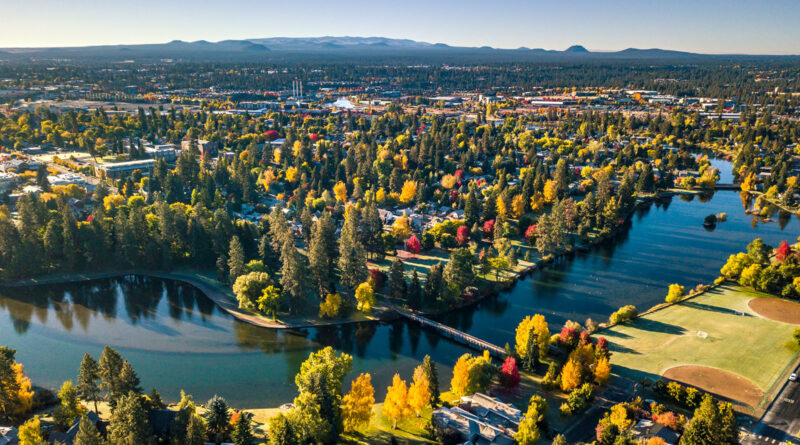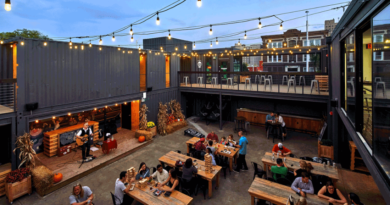History Of Oregon
The state of Oregon is renowned for its stunning landscapes, vibrant cities, and rich cultural heritage. From its indigenous roots to its modern-day prominence, the history of Oregon is a captivating tale of exploration, settlement, and progress. Let us embark on a journey through time and discover the fascinating history of this remarkable state.
Native American Settlements in Oregon
Long before European explorers arrived on the scene, Oregon was home to a diverse array of indigenous peoples. The region’s earliest inhabitants included the Chinook, Kalapuya, Nez Perce, Klamath, and many other Native American tribes. These tribes developed complex societies, thriving on the abundant natural resources and maintaining rich cultural traditions.
Oregon Exploration and Settlement
In the late 18th century, European explorers such as Robert Gray and George Vancouver began to chart the Oregon coast. However, it was the Lewis and Clark expedition of 1804-1806 that truly brought Oregon to the attention of the United States. Their exploration opened the door for fur traders, missionaries, and settlers who followed in their footsteps.
The Oregon Trail and Westward Expansion
During the mid-19th century, thousands of pioneers embarked on the arduous journey along the Oregon Trail in search of new opportunities and a better life. The trail, stretching over 2,000 miles from Missouri to Oregon, became a symbol of westward expansion and manifest destiny. The influx of settlers led to conflicts with Native American tribes, ultimately resulting in the displacement and loss of their ancestral lands.
Statehood and Growth
Oregon officially became a state on February 14, 1859, becoming the 33rd state in the Union. The discovery of gold in the region and the arrival of the railroad fueled rapid economic growth. The timber industry, fueled by the vast forests of Oregon, played a significant role in the state’s development. In the early 20th century, the emergence of hydroelectric power and the rise of industries such as fishing, manufacturing, and technology further propelled Oregon’s growth.
Cultural and Political Significance
Oregon has been a center for various social and political movements throughout its history. The state played a prominent role in the women’s suffrage movement, becoming one of the first states to grant women the right to vote in 1912. Oregon’s progressive spirit has also been evident in environmental conservation efforts, urban planning, and LGBTQ+ rights.
Modern Oregon
Today, Oregon is celebrated for its stunning natural beauty, including Crater Lake, Mount Hood, and the Columbia River Gorge. The cities of Portland, Eugene, and Salem showcase a blend of natural landscapes, vibrant arts scenes, and a thriving tech industry. Oregon’s commitment to sustainability and outdoor recreation has made it a popular destination for tourists and nature enthusiasts from around the world.
As we reflect on the history of Oregon, it is important to acknowledge the profound impact of colonization on the indigenous peoples of the region. Efforts to preserve Native American culture, language, and traditions continue to shape the state’s identity and foster a deeper understanding of its history.
Discover more from City Towner
Subscribe to get the latest posts sent to your email.




